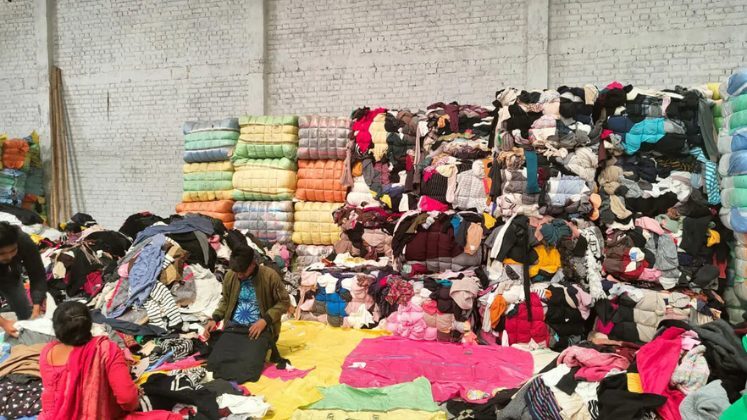
Traders in Panipat, the largest textile and rag recycling market in India, are on notice that rag imports from Bangladesh have abruptly stopped, much to their dismay, despite not being specifically listed on the carbon import restrictions that were announced on 3rd May. Contradictory information from inspections conducted by authorities has left the industry in disarray.
Panipat recycles over 200 tonnes of textile waste daily through 150-200 mills, and imports rags from Bangladesh and Western countries as well. Bangladesh produces over 500,000 metric tonnes of textile waste each year and constitutes a vital source of supply for Panipat mills.
Industry insiders warn that if the disruption continues to be prolonged, mills will be crippled and potentially forced to close if they do not receive fresh supplies soon. Traders have plans to seek engagement with Indian authorities to clarify the issues and negotiate further on the clean up cycle.
There is speculation that the suspension of rags linked to Bangladesh’s effort to gain GSP Plus status from the European Union. As part of the requirement Bangladesh is expected to improve its domestic recycling and labour standards and possibly retain textile waste if processing has to be done domestically. According to experts, this move could help Bangladesh save up to US $ 700 million per annum, prior to importing materials.
The situation comes amid increasing trade tensions between India and Bangladesh, with India’s withdrawal of a key transshipment facility triggering Bangladesh’s ban on Indian yarn imports via land routes, thereby increasing existing economic difficulties.
If India and Bangladesh fail to resolve the matter with a satisfactory solution, not only risks disrupting the recycling sector in Panipat, but could further entrench existing regional and trade divides that affect rural livelihoods on both sides.






